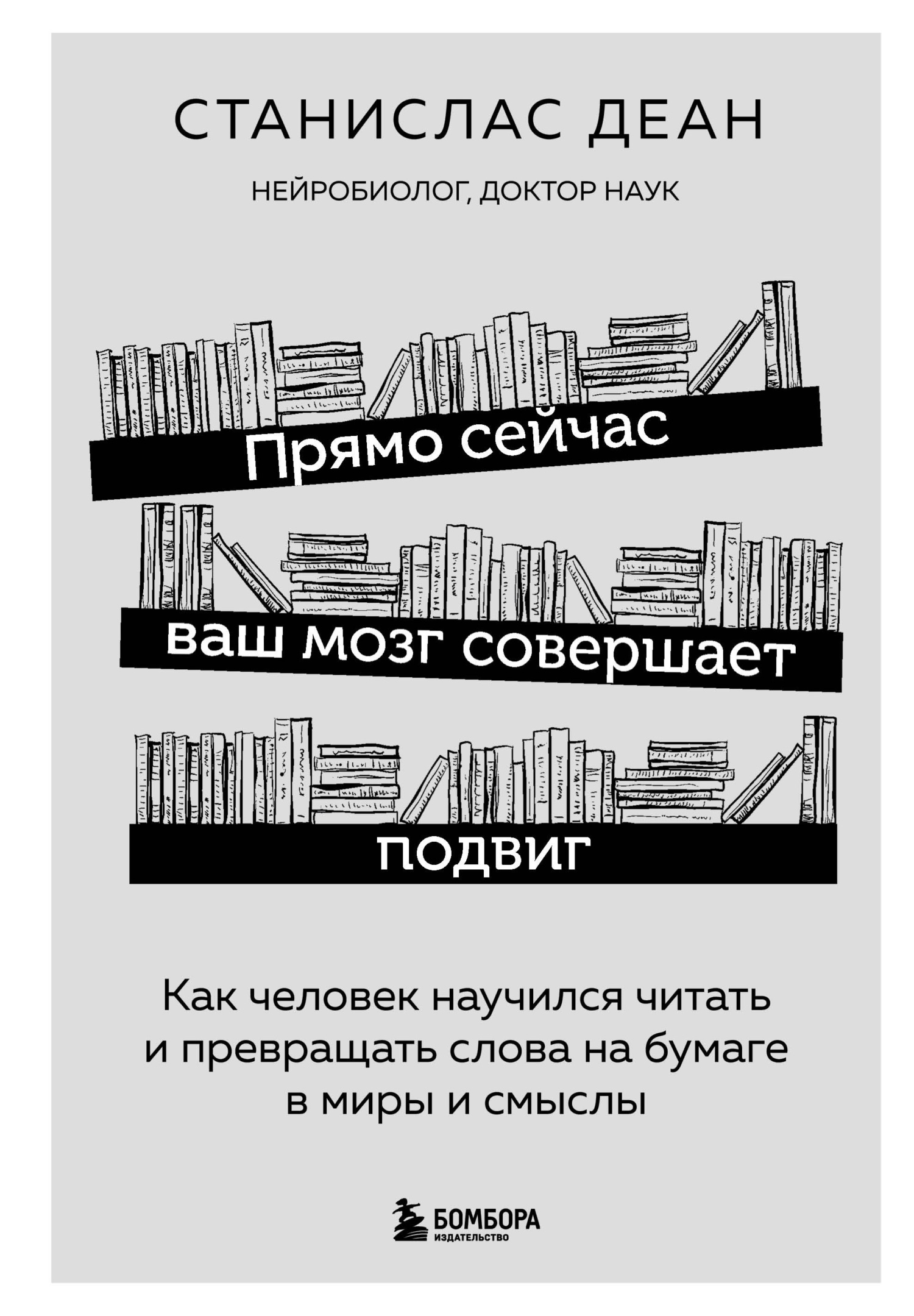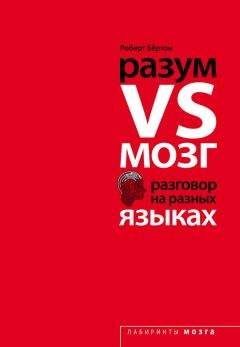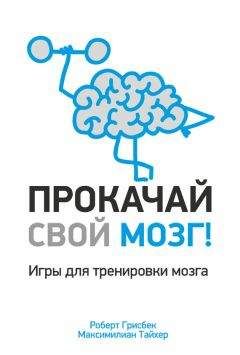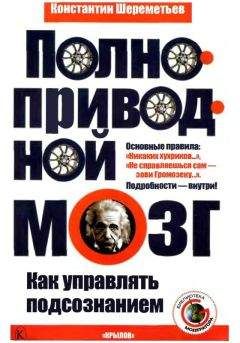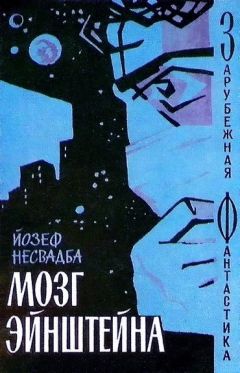Journal of Experimental Psychology A 50:439–456.
Weiskrantz, L., & Saunders, R. C. (1984). Impairments of visual object transforms in monkeys. Brain 107(Pt 4):1033–1072.
Werker, J. F., & Tees, R. C. (1984). Cross-language speech perception: Evidence for perceptual reorganization during the first year of life. Infant Behavior and Development 7:49–63.
White, S., Milne, E., Rosen, S., Hansen, P., Swettenham, J., Frith, U., & Ramus, F. (2006). The role of sensorimotor impairments in dyslexia: A multiple case study of dyslexic children. Developmental Science 9(3):237–255; 265–239.
Whiten, A., Goodall, J., McGrew, W. C., Nishida, T., Reynolds, V., Sugiyama, Y., Tutin, C. E., Wrangham, R. W., & Boesch, C. (1999). Cultures in chimpanzees. Nature 399(6737):682–685.
Whitney, C. (2001). How the brain encodes the order of letters in a printed word: The SERIOL model and selective literature review. Psychonomic Bulletin and Review 8(2):221–243.
Wilson, A. J., Dehaene, S., Pinel, P., Revkin, S. K., Cohen, L., & Cohen, D. (2006). Principles underlying the design of “The Number Race,” an adaptive computer game for remediation of dyscalculia. Behavioral and Brain Functions 2(1):19.
Wilson, E. O. (1998). Consilience: The unity of knowledge. New York: Knopf.
Wolff, P. H., & Melngailis, I. (1996). Reversing letters and reading transformed text in dyslexia: A reassessment. Reading and Writing 8:341–355.
Wong, A. C., Gauthier, I., Woroch, B., DeBuse, C., & Curran, T. (2005). A early electro-physiological response associated with expertise in letter perception. Cognitive, Affective, and Behavioral Neuroscience 5(3):306–318.
Wydell, T. N., & Butterworth, B. (1999). A case study of an English-Japanese bilingual with monolingual dyslexia. Cognition 70(3):273–305.
Xu, B., Grafman, J., Gaillard, W. D., Ishii, K., Vega-Bermudez, F., Pietrini, P., Reeves-Tyer, P., Di Camillo, P., & Theodore, W. (2001). Conjoint and extended neural networks for the computation of speech codes: The neural basis of selective impairment in reading words and pseudowords. Cerebral Cortex 11(3):267–277.
Yoncheva, Y. N., Blau, V. C., Maurer, U., & McCandliss, B. D. (2006). Strategic focus during learning impacts the neural basis of expertise in reading. Association for Psychologica Science Convention, New York, May 25–28.
Zali, A., & Berthier, A. (Eds.). (1997). L’aventure des écritures: Naissances. Paris: Bibliothèque nationale de France.
Zeki, S. (2000). Inner vision: An exploration of art and the brain. New York: Oxford University Press.
Ziegler, J. C., & Goswami, U. (2005). Reading acquisition, developmental dyslexia, and skilled reading across languages: a psycholinguistic grain size theory. Psychological Bulletin 131(1):3–29.
Zoccolotti, P., De Luca, M., Di Pace, E., Gasperini, F., Judica, A., & Spinelli, D. (2005). Word length effect in early reading and in developmental dyslexia. Brain and Language 93(3):369–373.
Zorzi, M., Houghton, G., & Butterworth, B. (1998). Two routes or one in reading aloud? A connectionist dual-process model. Journal of Experimental Psychology: Human Perception and Performance 24:1131–1161.
Издания, переведенные на русский язык
Буайе П. Объясняя религию. – М.: Альпина нон-фикшн, 2018.
Докинз Р. Слепой часовщик. – М.: Corpus, 2015.
Докинз Р. Эгоистичный ген. – М.: Corpus, 2013.
Леви-Стросс К. Структурная антропология. – М.: АСТ, 2011.
Мангуэль А. История чтения. – СПб: Издательство Ивана Лимбаха, 2020.
Пинкер С. Чистый лист. – М.: Альпина нон-фикшн, 2019.
Хомский Н. Язык и проблемы знания. – Благовещенск: БГК им. И. А. Бодуэна Де Куртенэ, 1999.
Перечень иллюстраций
Рисунки 1.1, 1.2, 1.3, 1.4, 1.5, 2.2, 2.4, 2.6, 2.15, 2.20, 3.1, 3.8, 3.9, 4.1, 4.2, 5.2, 5.3, 7.1 (нижний), 7.2, 7.3, 7.5 (верхний), 8.2 (верхний), а также анатомическая иллюстрация в начале книги созданы автором.
Рис. 2.1: Déjerine, J. (1892). Contribution à l’étude anatomo-pathologique et clinique des différentes variétés de cécité verbale. Mémoires de la Société de Biologie 4: 61–90;
Cohen, L., Martinaud, O., Lemer, C., Lehéricy, S., Samson, Y., Obadia, M., Slachevsky, A., & Dehaene, S. (2003). Visual word recognition in the left and right hemispheres: Anatomical and functional correlates of peripheral alexias. Cerebral Cortex 13: 1313–1333 (рис. 4 и 7). Воспроизведено с разрешения Oxford University Press.
Рис 2.3: любезно предоставлен Майклом Познером и Марком Райхле.
Рис. 2.4: Dehaene, S., Le Clec, ’H. G., Poline, J. B., Le Bihan, D., & Cohen, L. (2002). The visual word form area: a prelexical representation of visual words in the fusiform gyrus. Neuroreport 13(3): 321–325. Воспроизведено с разрешения Wolters Kluwer/Lippincott, Williams & Wilkins.
Рис. 2.7: Puce, A., Allison, T., Asgari, M., Gore, J. C., & McCarthy, G. (1996). Differential sensitivity of human visual cortex to faces, letter strings, and textures: a functional magnetic resonance imaging study. Journal of Neuroscience 16: 5205–5215 (рис. 5, с. 5210; адаптирован). Воспроизведено с разрешения Society for Neuroscience.
Рис. 2.8: Tarkiainen, A., Cornelissen, P. L., & Salmelin, R. (2002). Dynamics of visual feature analysis and object-level processing in face versus letter-string perception. Brain 125(Pt 5): 1125–1136 (рис. 6 и 7; адаптированы). Воспроизведено с разрешения Oxford University Press.
Рис. 2.9: Allison, T., Puce, A., Spencer, D. D., & McCarthy, G. (1999). Electrophysiological studies of human face perception. I: Potentials generated in occipitotemporal cortex by face and non-face stimuli. Cerebral Cortex 9(5): 415–430 (рис. 1, 4 и 6; адаптированы). Воспроизведено с разрешения Oxford University Press.
Рис. 2.10: Cohen, L., Dehaene, S., Naccache, L., Lehéricy, S., Dehaene-Lambertz, G., Hénaff, M. A., & Michel, F. (2000). The visual word form area: Spatial and temporal characterization of an initial stage of reading in normal subjects and posterior split-brain patients. Brain 123: 291–307 (рис. 5 и 6; адаптированы). Воспроизведено с разрешения Oxford University Press.
Рис. 2.11: Cohen, L., Dehaene, S., Naccache, L., Lehéricy, S., Dehaene-Lambertz, G., Hénaff, M. A., & Michel, F. (2000). The visual word form area: Spatial and temporal characterization of an initial stage of reading in normal subjects and posterior split-brain patients. Brain 123: 2 1–307 (рис. 1, 4 и 5; адаптированы). Воспроизведено с разрешения Oxford University Press;
Molko, N., Cohen, L., Mangin, J. F., Chochon, F., Lehéricy, S., Le Bihan, D., & Dehaene, S.
